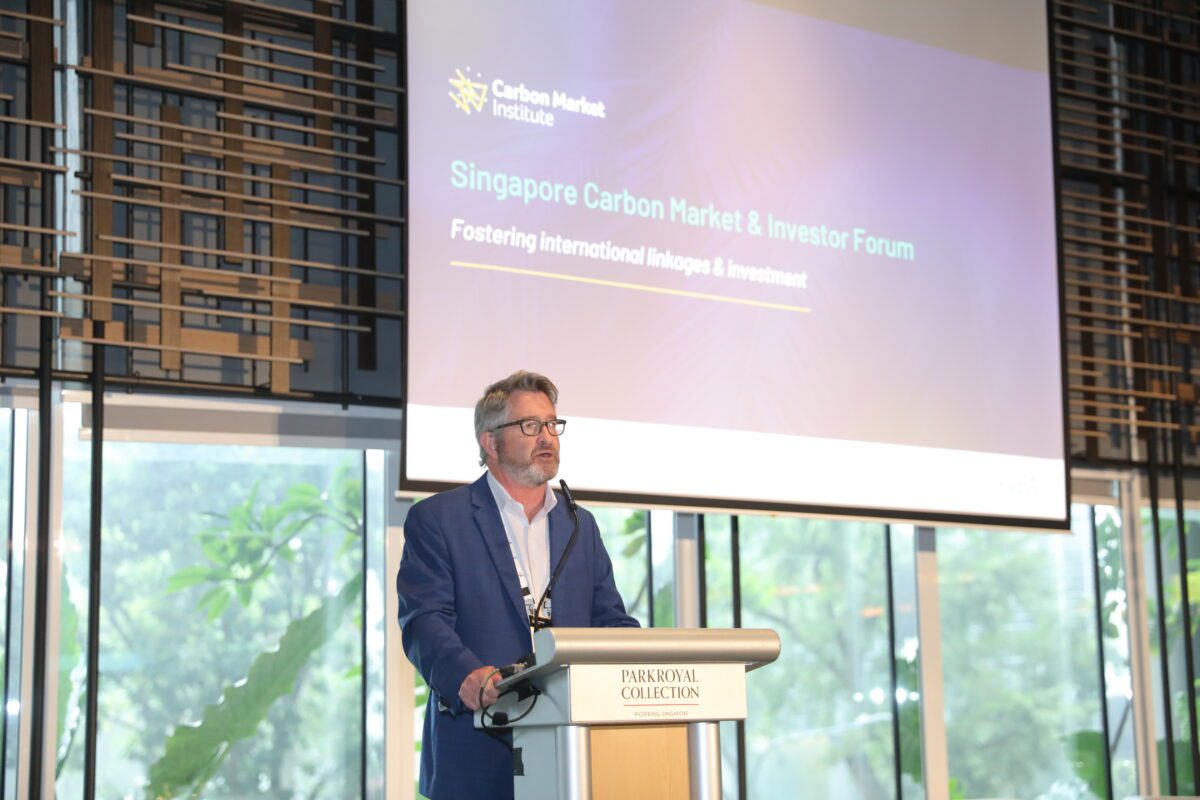The Carbon Market Institute (CMI) has urged Australia’s leaders to not miss the opportunity to scale up its climate ambition, as the latest instalment of the Intergovernmental Panel on Climate Change (IPCC) Report warned of the potentially dire consequences of delaying deep emissions reduction and removal.
To stay under 1.5 degrees or even 2 degrees of warming above pre-industrial levels, the report stated that emissions must peak by 2025, requiring deep emissions reductions in all sectors of all regions of the world through following decades. However, CMI warned that without stronger policy measures to urgently incentivise investment in emissions reduction and removal, Australia runs the risk of ignoring what the report states is a viable path to halving global emissions by 2030.
“We are essentially sitting on a double-edged sword. If we maintain the status quo, the chances of limiting warming to 1.5 degrees by mid-century, vital to climate stability and health of key ecosystems like the Great Barrier Reef, are nigh on impossible. If we make use of the tools at our disposal and prioritise urgent and deep cuts to emissions, while also removing carbon dioxide from the atmosphere, we have a very real chance of helping reach this vital milestone,” said John Connor, CMI CEO.
“As last week’s federal budget demonstrated, we are currently lacking the urgency, scale and direction needed to steer public and private investments towards the 50% emissions reductions needed across the Australian economy this decade.”
The report notes that a “consistent expansion of policies and laws addressing mitigation…has led to the avoidance of emissions that would otherwise have occurred and increased investment in low-GHG technologies and infrastructure.” However it also highlights that financial flows and investment have fallen well short of what is needed despite the availability of global capital.
With emissions from existing and planned fossil fuel infrastructure projected to push global warming past 1.5 degrees, the report also stressed the need for removal strategies in order to reach net zero by 2050, however not as a substitute for ending our dependence on fossil fuels.
“To meet this challenge, Australia needs stronger policy measures that stimulate decarbonisation investments, including a stronger Safeguard Mechanism with declining baselines. Deep emissions cuts must be the priority, with carbon removal playing a supporting role in drawing down atmospheric emissions.”
“Australia has abundant opportunities in clean energy, technology and natural climate solutions, as well as a decade of considerable experience in these areas, but the window of time to maximise these advantages is closing rapidly,” he said.
The latest report comes from the IPCC’s third working group, and follows the first working group’s report on the drivers of climate change, published in August last year, and the second working group’s report on climate change effects, published in February this year.
The Carbon Market Institute is the independent industry association for business leading the transition to net zero emissions. Its over 130 members include primary producers, carbon project developers, Indigenous corporations, legal and advisory services, insurers, banks and emission intensive industries developing decarbonisation and offset strategies. CMI’s policy positions are approved by its Board and do not necessarily represent the views of all CMI members.
If you would like an interview, please contact Thomas Hann on 0408 880 536 or via email: thomas.hann@carbonmarketinstitute.org



